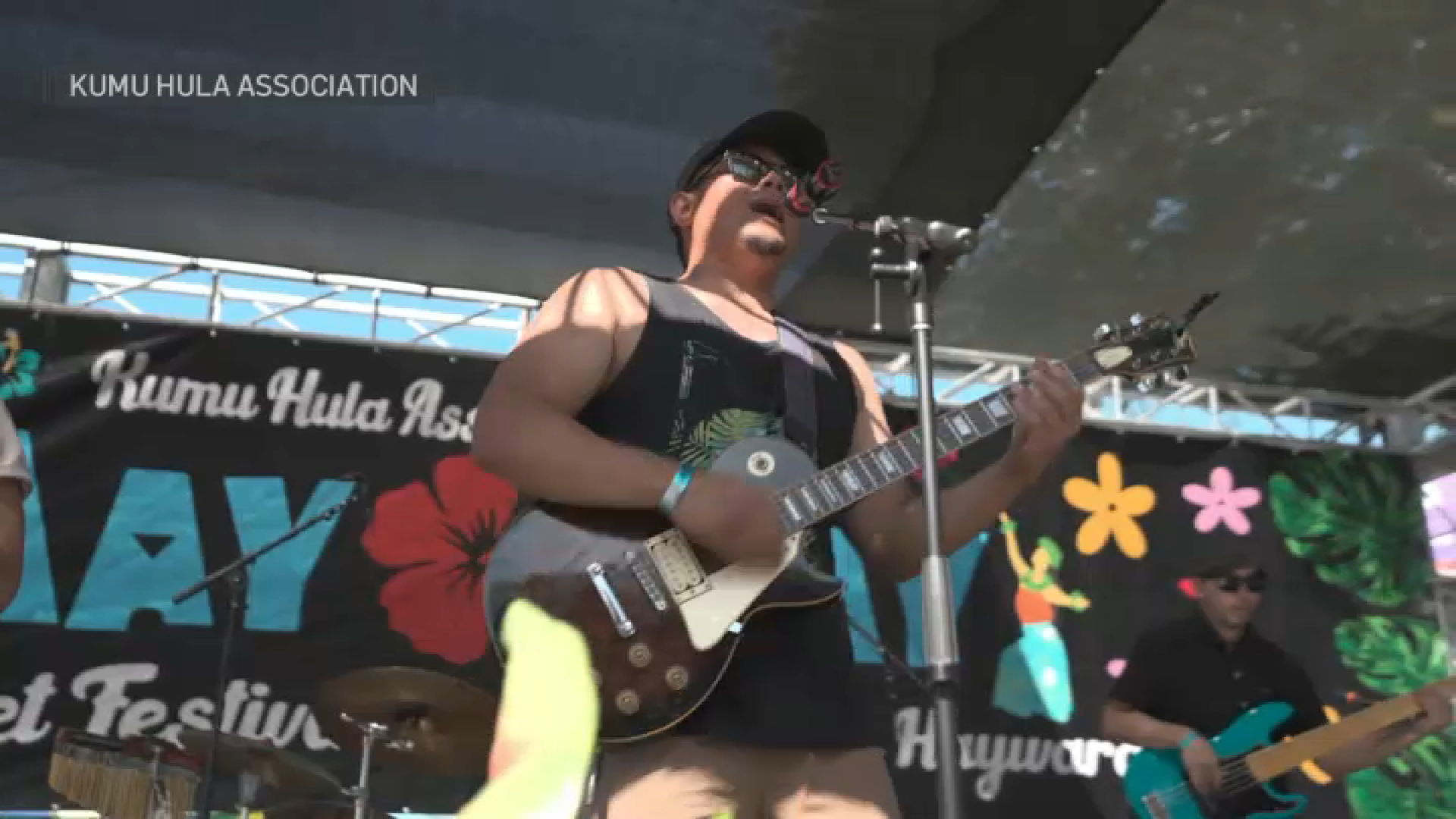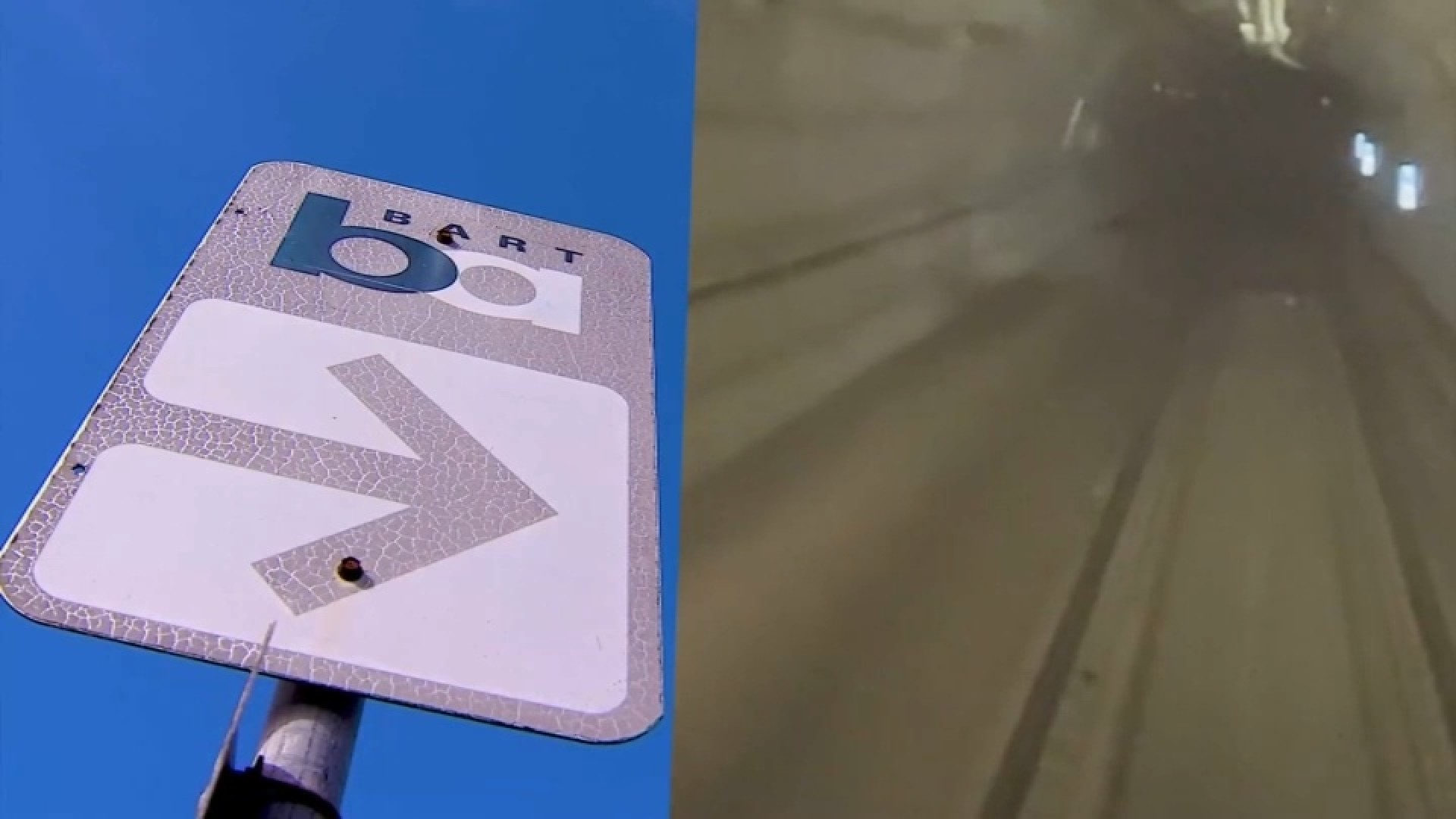Three days after the temporary travel ban involving seven Muslim-majority countries was revised by the White House, an unknown number of travelers are reporting being detained and questioned for hours at time at U.S. airports, lawyers and passengers say.
In an interview Wednesday with NBC Bay Area, Banafsheh Akhlaghi, a human and civil rights attorney and former constitutional law professor, said one of her clients, for example, was held in a secondary questioning room for nearly four hours on Monday at San Francisco International Airport.
And her client, Ava Kashani, 33, who is a green card holder now living in Oakland, said she wasn’t the only one. About 25 to 30 people who looked to be from the “Middle East, Mexico and India” were in the Customs and Border Protection office with her at SFO, all going through the same thing: Being asked by agents the very same questions she answered when applying for and receiving her green card five years ago. They also were asked to stop using their cell phones and lap tops so that the agents could check out their social media accounts and search histories, Akhlaghi recounted from other witness accounts.
Protesters Against Trump's Immigration Policies Take Over SFO
Eventually, Kashani, who was born in Iran but visiting her family in Dubai, was released. She has been living in Oakland for 11 years, and received her green card to legally live in the United States five years ago.
But it was only after 18 hours of flying and four hours of questioning, simply because she was born in a country on Donald Trump’s seven-country travel ban list, Akhlaghi said. Her client has no prior criminal record.
“This is just the San Francisco airport,” Akhlaghi said. “But we’re hearing this in LA, and all ports of interest. The fact that the White House is saying this is not occurring, that is not reality. How many more are we having in this condition that we’re not hearing about?”
Local
There is no easy answer. And not everyone thinks it's a bad thing that passengers are geting questioned. John Bryan wrote on Facebook: "Love that our country is finally protecting American citizen. If you don't want to spend the time answering questions. Go BACK!!!" And Eric Jan Green chimed in: A "card is a privilege, not a right.. I guess many of your white guilt liberals did not go through that, huh.. as of customs inspect laptops and cell phones, many Wstern countries have similar rules as well, they can inspect anything they want when crossing borders, no warrant needed to justify the actions. I don't know why liberal medias are crying about."
Quantifying the issue is likely not going to be made clear any time soon.
Olivia Lee, chair of the American Immigration Lawyers Association, Northern California chapter, told NBC Bay Area: "It's very difficult to provide reliable numbers since we are obtaining our information through individuals who went through secondary inspection."
Andre Segura, senior staff attorney with the Immigrants Rights Project at the ACLU, told VICE News that it was “impossible” to get a complete list of people detained at airports across the U.S. right now.
On Friday night, the Department of Homeland Security interpreted the president’s executive order restrictions applying to seven countries -- Iran, Iraq, Libya, Somalia, Syria, Sudan and Yemen – to mean that the travel ban did not apply to people with lawful permanent residence, generally referred to as green card holders.
On Wednesday, NBC Bay Area posed questions to CBP, hoping to get a sense of who is being questioned and why. Why are these green card and visa holders and non-seven-country list travelers being questioned in secondary rooms? How many people across the U.S. are being questioned in secondary rooms a day and for how long? Has everyone been questioned during these secondary interviews been released into the U.S., or have there been any arrests or immigration holds? Has anyone been sent back?
The CBP press office did not immediately respond via email.
The ordeal and uncertainly has left Kashani feeling “tormented,” her lawyer said.
Her saga began over the weekend, when she learned of the president’s order and decided she should leave her family visit in Dubai early and return to the Bay Are before her scheduled Feb. 10 return plane ticket. Through friends, she connected to her lawyer on Skype.
Akhlaghi urged her to stay calm. “ CPB agents are not bad guys,” she said, “they’re just following an edict.” Akhlaghi asked her client to fill out an out immigration representation form, called a G28, which they both had to sign via email.
Kashani’s plane landed Monday at 12:45 p.m. at SFO.
She passed the first re-entry machine for reentry. She inserted her passport. The machine spit out a receipt with a big black X on it. The X meant she had to wait in another line.
The first agent to see her asked typical questions that any traveler might hear. Did you bring any food with you? What was the purpose of your visit? How long were you there?
Then, the agent asked: How long were you in Iran?
I wasn’t, I was in Dubai, Kashani answered.
Still, the young woman who is on medical leave from her job was taken into a secondary customs room. About 30 others were there. A woman from Syria was crying. She was told she couldn’t use her phone. Three hours passed. Agents had taken her passport and green card and were presumably running it through a federal database, her lawyer said. Her aunt, waiting outside, was beginning to worry about Kashani’s medical condition, which her attorney didn’t want to describe in detail.
She was allowed to go to the bathroom. She told the agents she was feeling ill. They gave her a choice: She could get on a gurney and go with a paramedic and customs agent to the hospital and then return to SFO to finish the questioning. Or she could sign a waiver saying she didn’t need the medical help. She ended up signing the waiver. Twenty minutes later, she was let go. And what was she asked? “Every single question she had already answered” in getting her documents approved by immigration agents, her lawyer said.
Kashani ultimately had a good result: She was let go without harm or arrest, But her lawyer said that the young woman told her that she doesn’t feel safe in America anymore.
“I don’t know where I belong anymore,” she recalled Kashani telling her. “This is inhumane.”



